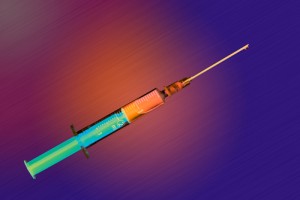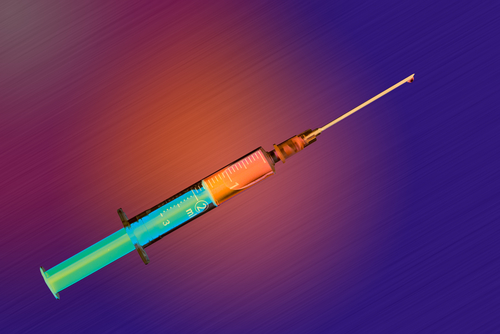 For the first time, a clinical trial study of a new cancer vaccine administered in human patients has been launched by The National Cancer Centre Singapore (NCCS).
For the first time, a clinical trial study of a new cancer vaccine administered in human patients has been launched by The National Cancer Centre Singapore (NCCS).
Cancer immunotherapy, which is based on the concept of using the body’s immune system to fight cancer, was voted by the renowned Science journal, the Breakthrough of the Year for 2013. Cancer immunotherapy has been a key medical innovation that exploits the fact that cancer cells expressed on their surface molecules (cancer antigens) different from the ones present in the body, so that the body’s immune cells can be stimulated to detect and attack those specific antigens, which commonly correspond to proteins.
Cancer vaccines are one of the strategies employed as immunotherapy. The particular cancer vaccine under analysis on this new clinical trial encodes a protein – Muc-1 – that is expressed in several cancers, namely ovarian, breast, prostate, colon, pancreatic, and lung cancer. Importantly, the Muc-1 protein is absent in normal cells.
“What makes this vaccine unique is that MUC-1 is attached to a protein that is intentionally designed to further enhance and boost the efficiency and power of the body’s immune system”, Dr. Toh Han Chong, NCCS Principal Investigator of the phase I clinical trial, said in a news release . This protein is called CD40-ligand, thus the vaccine comprises a construct named MUC-1+CD40L.
This construct is inserted into the backbone of an adenovirus (a safe, well-studied platform), which will contribute to further improve the body’s immune response against the MUC-1 protein expressed on the surface of cancer cells. The vaccine is injected under the skin of the patient. MicroVAX, a United States company, is responsible for the development of the vaccine (named TAA/ecdCD40L) and the clinical trial is sponsored by the Singapore Clinical Research Institute (SCRI). This is the first-in-human clinical trial using adenovirus to has been approved by both US Food and Drug Administration and Health Sciences Authority.
“In preclinical studies, MicroVAX’s TAA/ecdCD40L vaccine was found to induce a potent immune response that surpassed that induced by other immunological strategies. The TAA/ecdCD40L is unique as it can target and destroy pre-existing cancerous tumours as well as prevent the development of cancer. In view of these unique features of the TAA/ecdCD40L vaccine platform, MicroVAX has been committed to bringing this vaccine technology to the clinic, and wishes to recognise the pivotal contributions of the SCRI and the NCCS in making this clinical trial possible”, commented Mr. Jake Frank, CEO of MicroVAX.
Chief Executive Officer of SCRI, Dr. Teoh Yee Leong added, “This trial showcases the strong tripartite partnership between an Academic Research Organisation like SCRI with a biotech company like MicroVAX and a prestigious healthcare institution like NCCS in conducting clinical trials in Singapore. It is also the first time SCRI is sponsoring a clinical trial to support the clinical trial community in Singapore and importantly patients participating in these trials are the ones to most benefit.”
Up to this point, four patients, two diagnosed with breast cancer and two with ovarian cancer, have been given this novel vaccine. All patients tolerated the vaccine without any significant side effects. Over the next 12 months, NCCS plans to have over 20 patients enrolling on this Phase 1 clinical trial.
For more information on how to participate in the trial, the public can contact the clinical research coordinator Ms Chong Hui Shan at +65 6436-8431 or [email protected]


